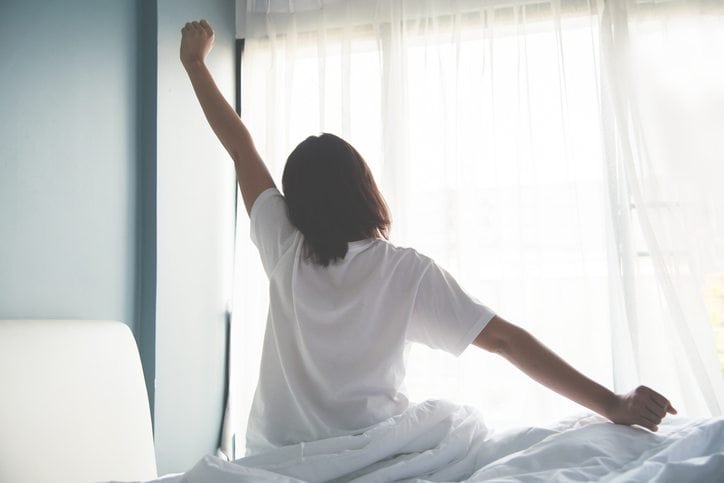Spring is almost here and that means daylight saving time is right around the corner! That luxurious extra hour of sunlight means one less hour of sleep at the time change, but do we really need to adjust our sleep schedule to prepare for March 10?
Dr. Susan Rubman, insomnia specialist and the director of Behavioral Sleep Medicine Program at The Hospital of Central Connecticut’s Sleep Disorders Center, says yes.
“Going to bed 15 minutes earlier each night for the two nights preceding the time change can help us make up part of that hour of sleep that we will lose on Saturday night. However, it’s actually more important to wake up at the same time every day because that is the most effective way to control your sleep schedule,” said Dr. Rubman. “Waking up at vastly different times, especially on the weekend, makes it more difficult to sleep at night. If you feel like you must sleep in on the weekends, allow yourself up to one extra hour of sleep.”
The body has its own sleep/wake alarm clock, known as the suprachiasmatic nucleus, located deep in the brain. It regulates our sleep schedule in response to light, temperature and other cues, which can be thrown off if you go to bed and wake up at different times each day.
Prepare for the time change without missing a wink of sleep by following these suggestions:
- Use night mode on your hand-held electronics in the evening to eliminate the stimulating light wavelengths that can keep your brain active well into the night.
- No caffeine after 3 p.m. or within six hours of your normal bed time. Learn which foods and beverages contain caffeine – some may surprise you.
- Avoid naps longer than one hour or within six hours of normal bed time.
- No alcohol within four hours of bed time.
- Create a setting that is dark, quiet, cool and comfortable.
Looking for more tips on getting a good night’s rest? For more information, please visit thocc.org/services/sleep-disorders.

